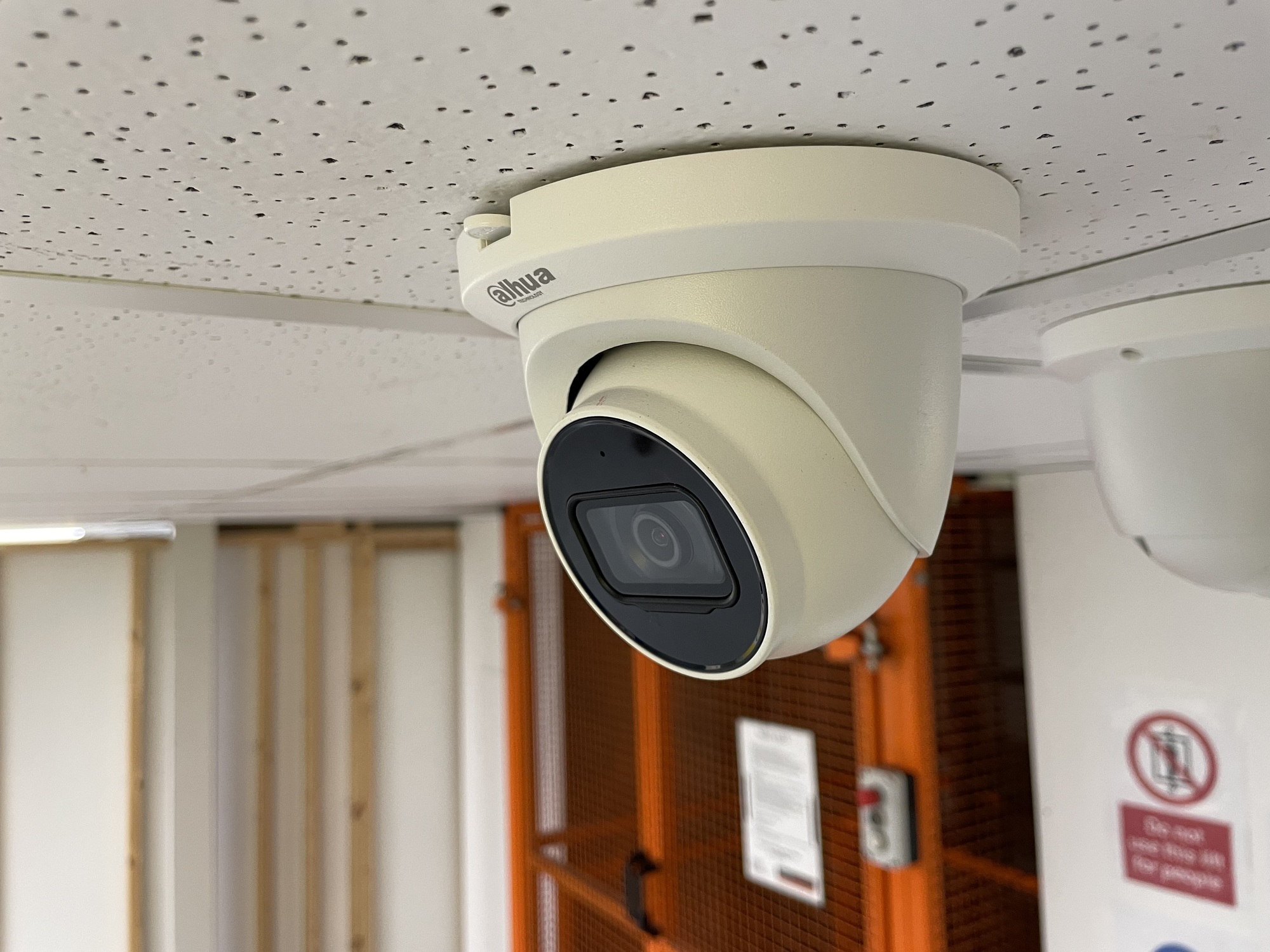Good security is key
In the UK, self-storage facilities generally provide a safe and secure environment for temporarily storing business or household items. These facilities are designed to offer a convenient solution for individuals or businesses that require additional space to store their belongings. Self-storage providers often prioritise security measures to ensure the safety of stored items. In this article we look at how safe is self storage?
Most self-storage facilities employ several security measures to protect the stored items. These typically include 24/7 CCTV surveillance, secure access control systems, and on-site staff or security personnel. CCTV cameras are strategically placed throughout the facility to monitor activities and deter potential theft or vandalism. Access control systems, such as electronic gates or key card entry systems, help ensure that only authorised individuals can enter the premises.
Additionally, many self-storage units are equipped with individual locks, allowing customers to secure their units with their own padlocks. This provides an extra layer of protection and privacy for the stored items. It is important to choose a high-quality padlock and ensure it is properly secured to enhance the security of your storage unit.
Self-storage facilities also implement measures to protect stored items from environmental factors. Units are typically designed to be weatherproof, minimising the risk of damage from rain, humidity, or temperature fluctuations. Some facilities may offer climate-controlled units for items that are sensitive to extreme temperatures, such as artwork or electronics.
Looking for more information on storage unit sizes and cost?
Visit the self storage facility
While self-storage facilities generally provide a safe environment, it is essential to conduct some research and choose a reputable provider. Reading customer reviews, visiting the facility in person, and asking about the security features and maintenance practices can help assess the reliability of a self-storage facility. Reputable providers prioritise the safety and security of stored items, offering peace of mind to customers.
However, it is important to note that no storage solution is completely immune to risks. Unforeseen circumstances, such as natural disasters or unforeseen accidents, can occur. Therefore, it is advisable to consider obtaining insurance coverage for stored items, either through a separate policy or by checking if your existing insurance policies provide coverage for off-site storage.
Self-storage facilities in the UK generally offer a safe and secure option for temporarily storing business or household items. With a range of security measures in place and attention to environmental protection, these facilities strive to protect the belongings of their customers. By choosing a reputable provider and taking appropriate precautions, individuals and businesses can have confidence in the safety of their stored items.
Should you take out insurance when self storing items
When considering storing domestic items in a self-storage facility, it is strongly recommended to take out insurance cover. While it may seem like an additional expense, insurance provides vital protection and peace of mind in case of unexpected events or damages.
Self-storage facilities typically have security measures in place, such as surveillance cameras, access controls, and security personnel. However, even with these precautions, accidents, natural disasters, or theft can still occur. Insurance coverage helps safeguard your belongings against such risks, ensuring you are financially protected if unforeseen circumstances arise.
Many self-storage facilities offer their own insurance options, which can be convenient as they are specifically tailored for storage units. These policies often cover a wide range of potential risks, including fire, water damage, vandalism, and theft. While it’s important to review the terms and conditions of the insurance policy, it generally provides compensation based on the value of your stored items, providing a safety net for your possessions.
In some cases, your existing homeowners or renters insurance may extend coverage to items stored in self-storage facilities. However, it’s crucial to check your policy details and consult with your insurance provider to determine if this coverage applies and if there are any limitations or restrictions. Keep in mind that relying solely on your existing policy may not provide sufficient protection, as it might not adequately cover the specific risks associated with self-storage units.
Taking out separate insurance coverage for your stored items ensures that any potential losses or damages will be handled separately from your existing policies, preventing potential complications or rate increases in the event of a claim. It provides dedicated protection for your belongings, allowing you to focus on other aspects of your storage experience without worrying about financial loss.
While storing domestic items in a self-storage facility, it is strongly advisable to obtain insurance coverage. The cost of insurance is a worthwhile investment compared to the potential financial losses and stress that may arise from unforeseen events. By securing appropriate insurance, you can have confidence in the safety of your stored belongings and enjoy the convenience of self-storage with greater peace of mind.


